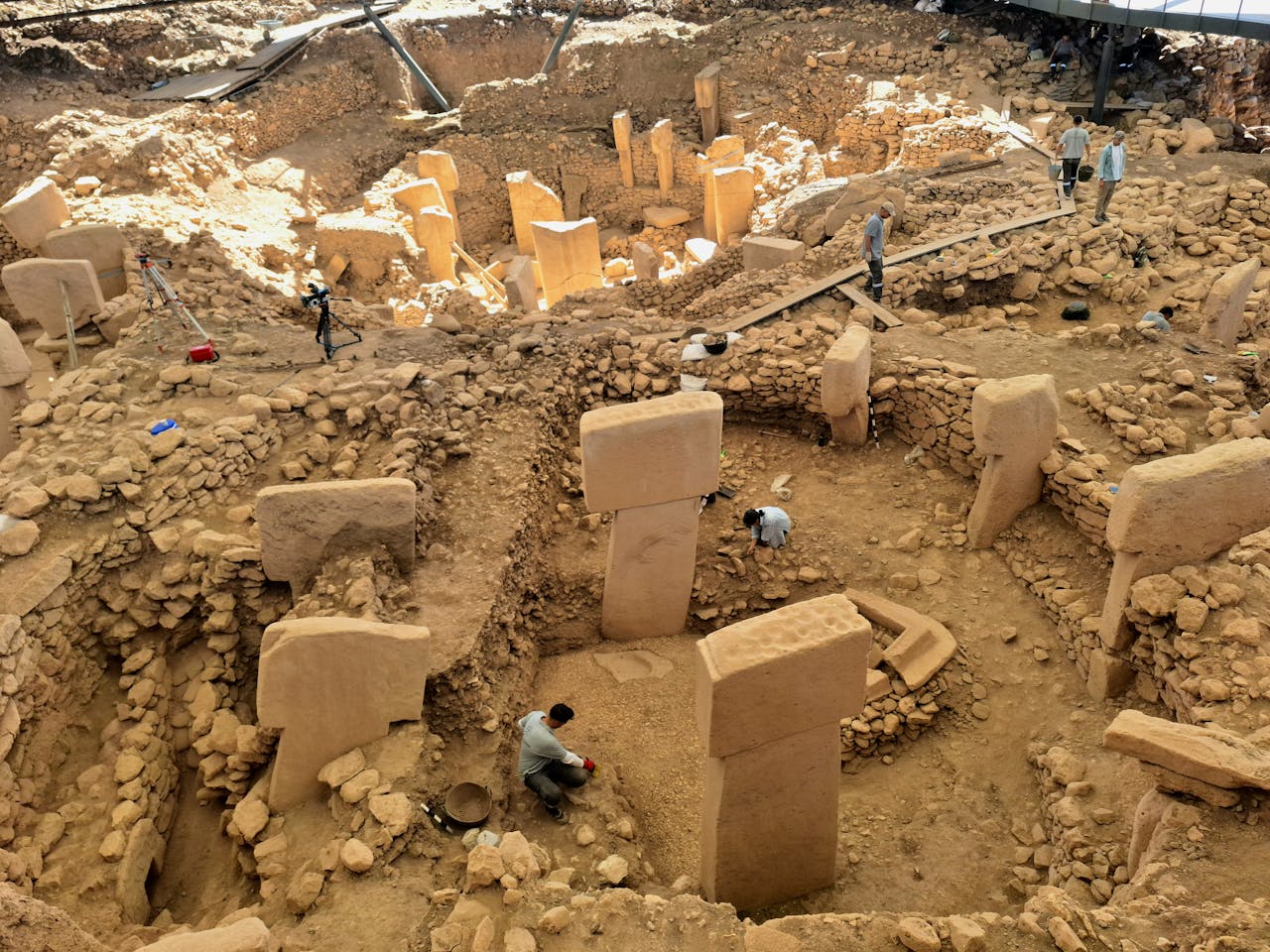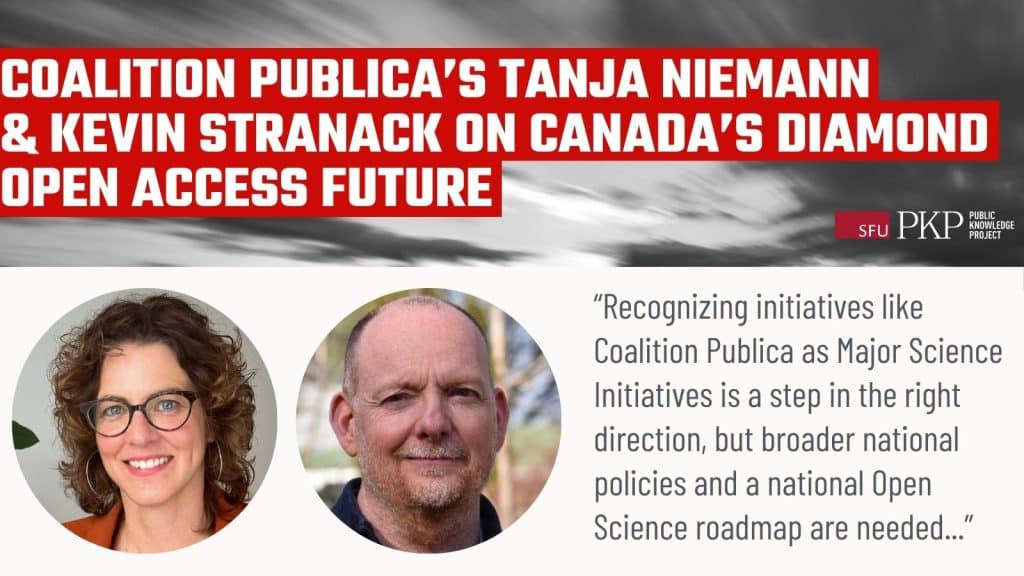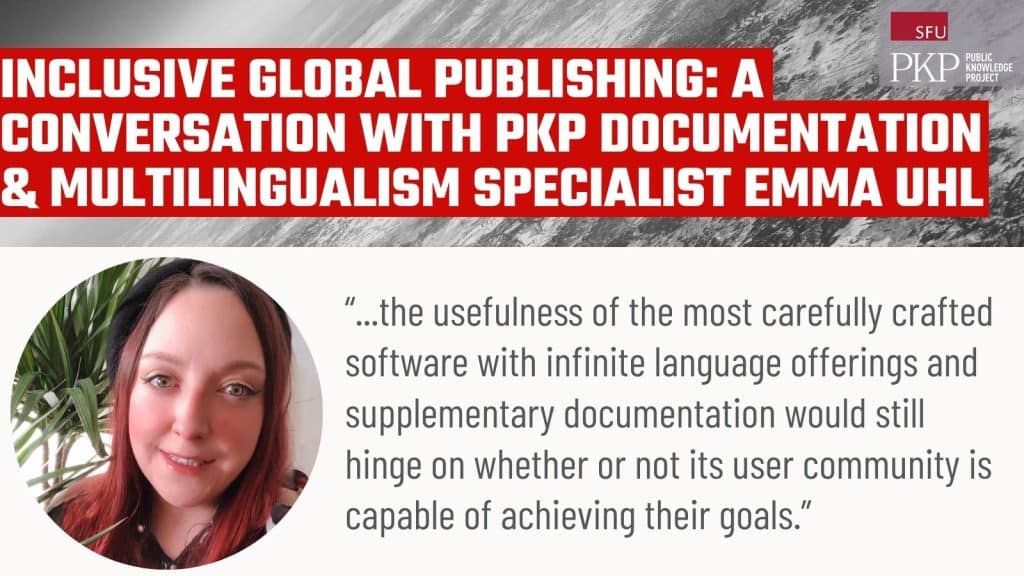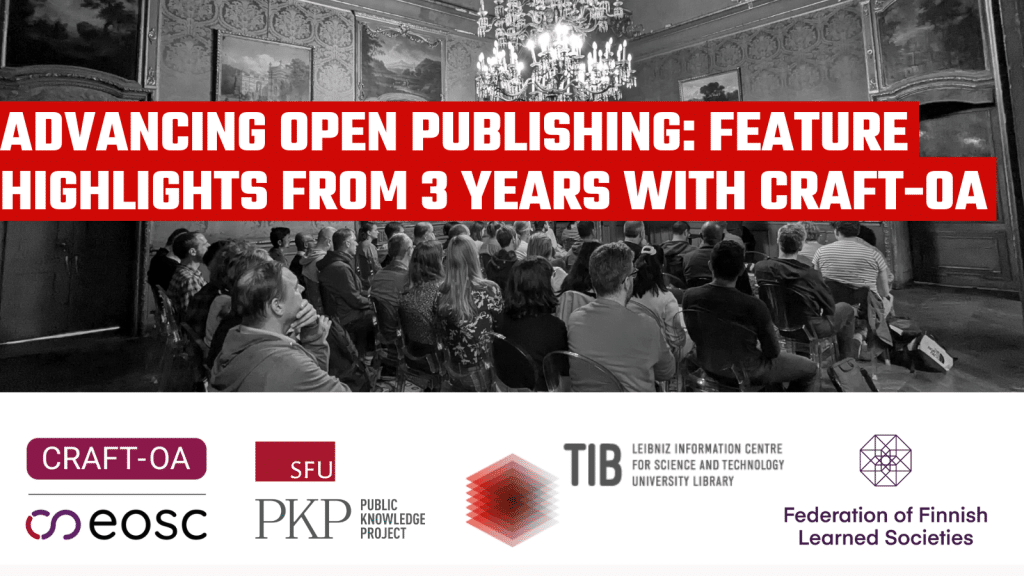
What is Amazon Prime Video (APV)? I’ve been asking myself questions about what streaming is and where continuities and differences to other media forms lie, and how to make sense of it all for over a decade.

What is Amazon Prime Video (APV)? I’ve been asking myself questions about what streaming is and where continuities and differences to other media forms lie, and how to make sense of it all for over a decade.

Ergebnisse der Studie „Open-Science-Kompetenzen von Forschenden objektzentrierter Daten in der Erd- und Menschheitsgeschichte“ Für den Arbeitsschwerpunkt Open Science im Projekt WiNoDa wurden Haltungen, Erwartungen und Kompetenzbedarfe zu offener Wissenschaft erhoben.

Results of the study “Open science competencies of researchers working with object-related data in Earth and human history” For the Open Science focus area of the WiNoDa project, attitudes, expectations, […]

For over 8 years, the Coalition Publica partnership between Érudit and the Public Knowledge Project (PKP) has been a force in consolidating support for Canada’s open access scholarly publishing communities.

Imperfect World
Dear rOpenSci friends, it’s time for our monthly news roundup! You can read this post on our blog. Now let’s dive into the activity at and around rOpenSci! 🔗rOpenSci HQ 🔗rOpenSci at LatinR We’re excited to continue supporting LatinR as a community partner in 2025. Registration is now open for the free LatinR Conference, bringing together researchers, developers, and open science advocates from across the region.

I would like this book just for being funny. I would like this book just for being well-illustrated. I would like this book just for covering lots of different dinosaurs and other Mesozoic critters, some familiar and many others only recently described, from more dinosaur-bearing formations than I was previously familiar with.

How does documentation and multilingualism intersect with inclusive global publishing? Get an inside perspective in this interview with Emma Uhl, PKP Documentation and Multilingualism Specialist.
What can students learn from Generative AI chatbots like ChatGPT? What roles can chatbots play in collaborative engineering? Tutor? Facilitator? Pair programmer? Task master? Vibe coder? Coursework cheater? Or something else?

Recent accessibility efforts in scholarly publishing are driven in part by acts such as the Americans with Disabilities Act (ADA) and new Title II regulations requiring digital accessibility, with key compliance deadlines approaching in 2026. PKP shares the work it is doing to ensure accessibility in its publishing platforms.

Strengthening multilingual publishing, metadata integrity, and integrating invitation-based roles and reviewers.